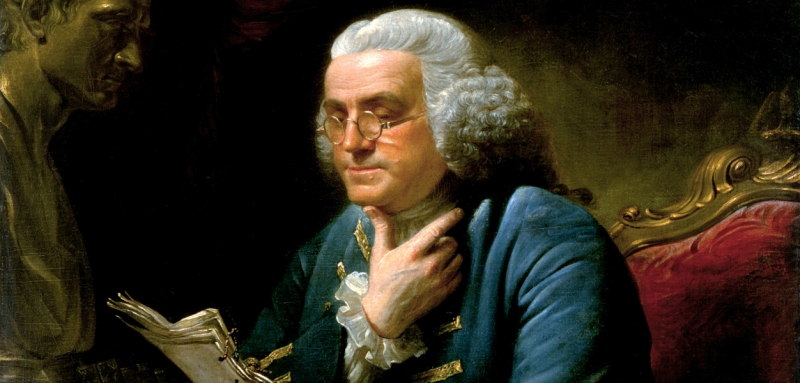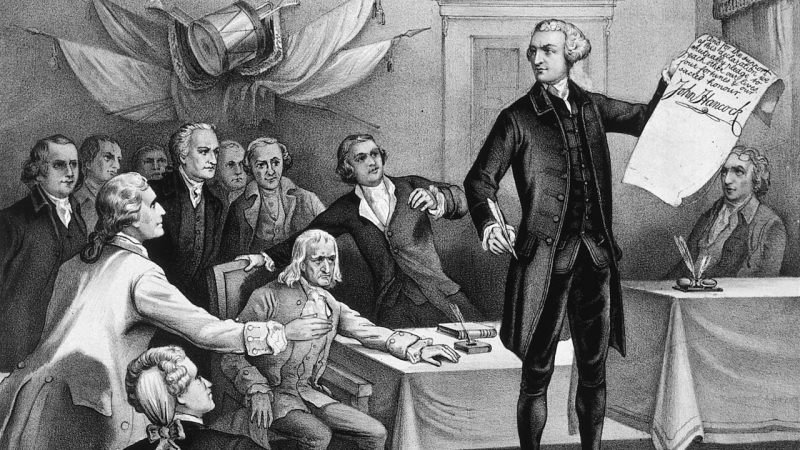Deism
Deism is one of the enlightenment ideas that influenced the American revolution and had an impact in early America up through the American Revolution. European Enlightenment thinkers conceived traditions, customs, and prejudices as barriers to gaining true knowledge of the universal laws of nature. The solution is animism or understanding God's existence as separation from holy books, divine providence, revealed religion, prophecy, and miracles; instead religious beliefs are based on reason and observation of the natural world. Deism appreciates God as a rational deity. A rational God has given man rationality so that he can discover the moral instructions of the universe in the laws of nature. God created universal laws governing nature, and then man realized God's will through the right judgment and wise action. The Deismists are often Protestants who despise religious dogmatism and blindly follow tradition as modeled by the Catholic church.
Regarding the idea of deism, moderate and radical American enlightenment thinkers, such as James Madison, Benjamin Franklin, Alexander Hamilton, John Adams, and George Washington, were all divine. Some struggle with the tensions between Calvinist orthodox beliefs and divinity beliefs, while others subscribe to the populist version of theism put forward by Thomas Paine in The Age of reason. In what is known as the Jefferson Bible (originally the Life and Morals of Jesus of Nazareth), Jefferson records the life and times of Jesus Christ from a divine point of view, excluding any mention of miracles or divine intervention. God for gods like Jefferson never appeared widely in people's daily life other than to offer a moral or humanistic perspective and rational source to explore the content of God's law. Although orthodox Christians participate at every stage of the new republic, deism derived a majority of the Founders. The movement opposes barriers to moral improvement and to social justice. It stood for rational inquiry, skepticism about dogma and mystery, and for religious toleration. Religion played a major role in the American Revolution by offering a moral sanction for opposition to the British--an assurance to the average American that the revolution was justified in the sight of God.









